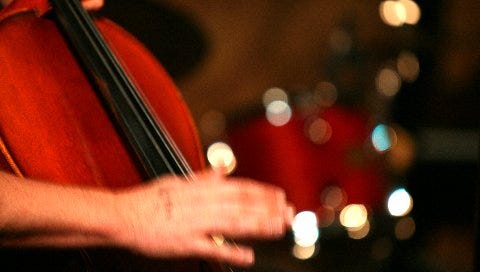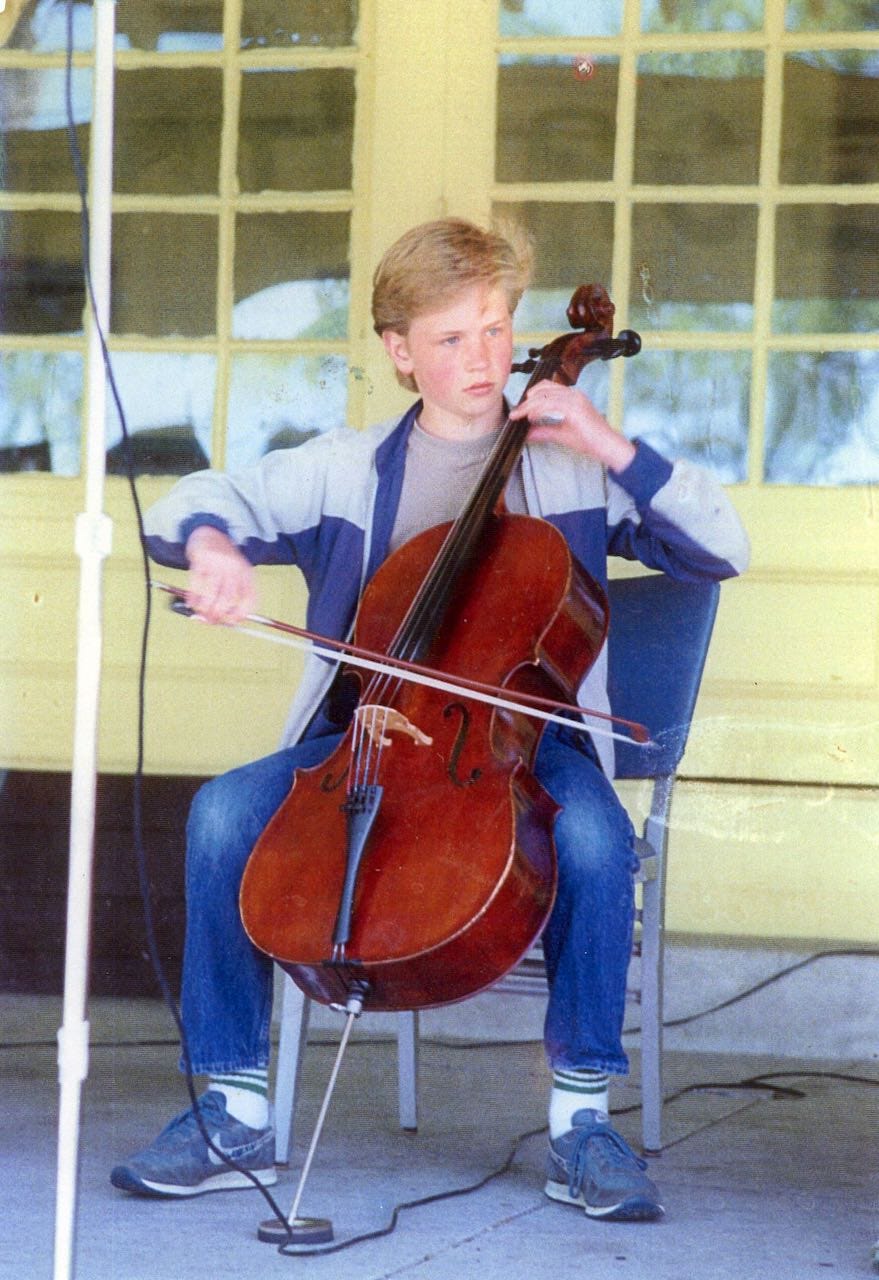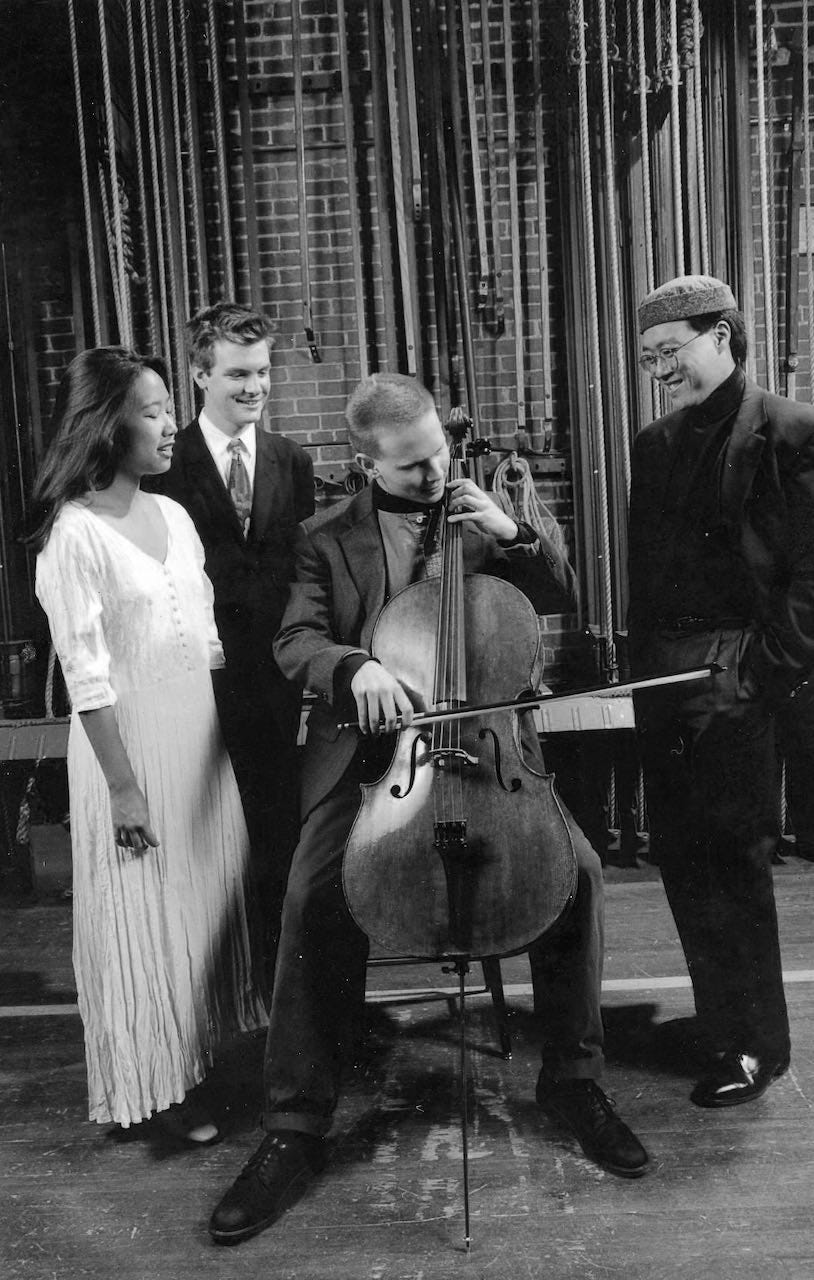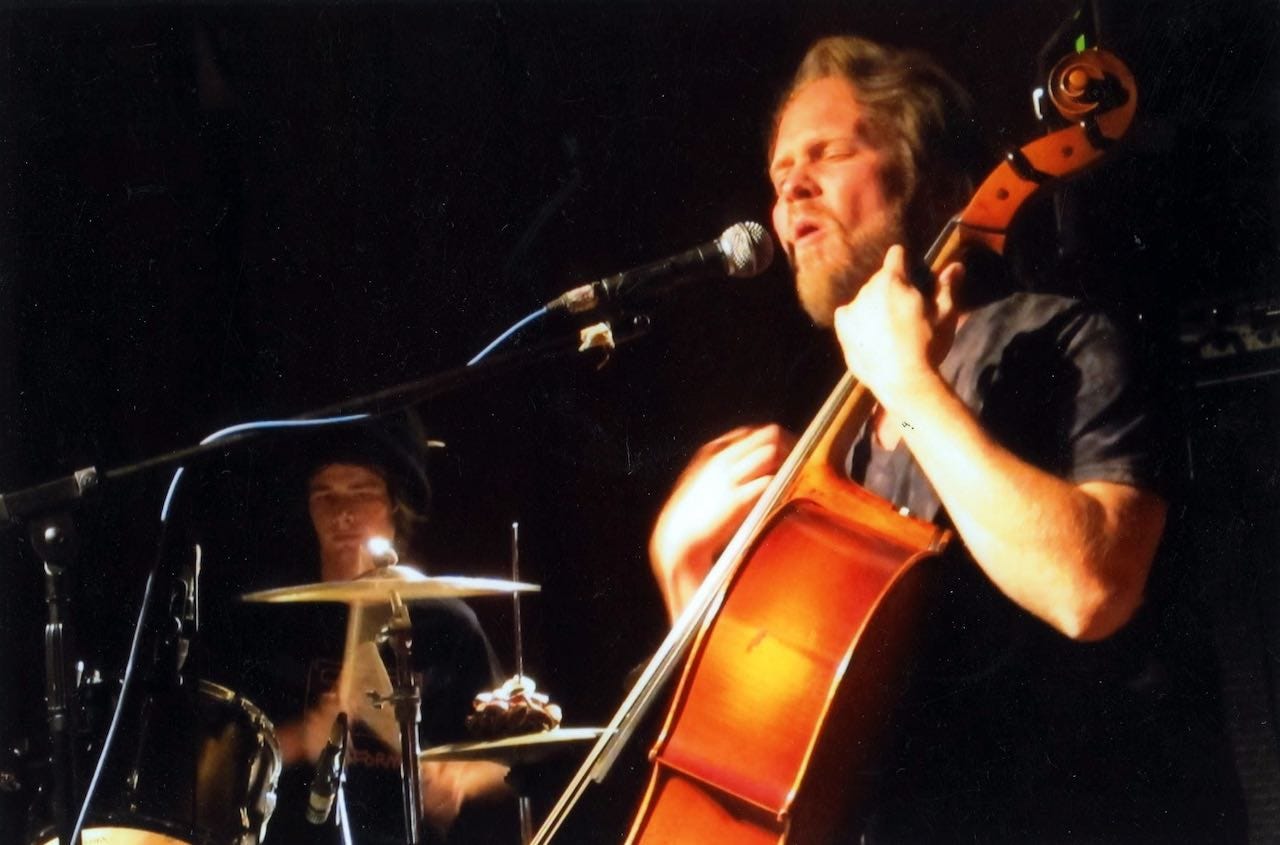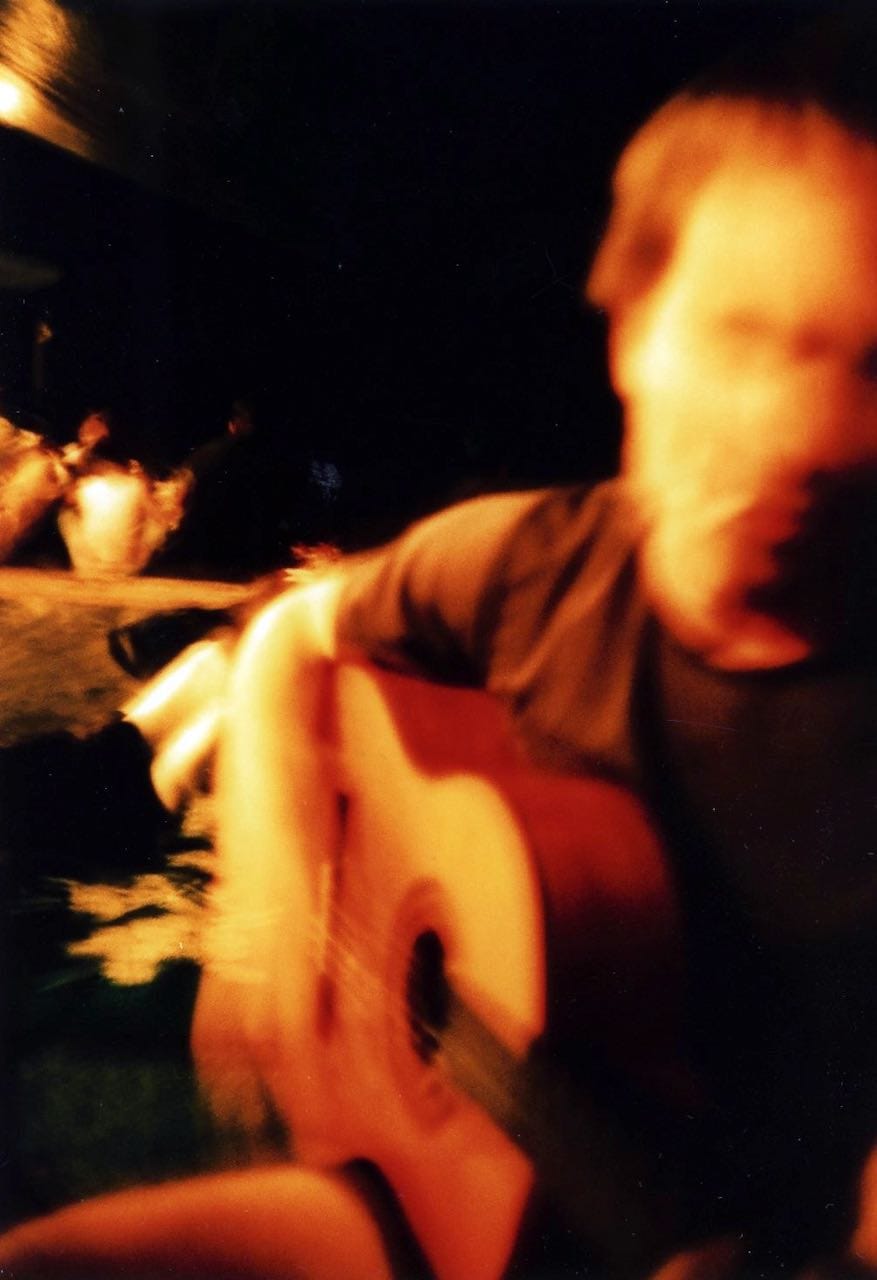Hey, thanks for all the lovely responses to last week’s post about the fall tour. I ‘ve been getting many kind thumbs ups, invitations to new places, offers of hospitality, help in booking more gigs and especially house concerts. Please keep em coming! If you’re curious about hosting a house concert, it’s a great way to experience live music more intimately, conveniently and satisfyingly. I love performing in people’s homes as well as in clubs. Dates are accumulating (pending announcement) but I still have room in the calendar. Hit me up if you’d like to know more.
I am also toying with the idea of adding workshops to the fall offering, separately from the performances. I have a good track record of helping musicians at all levels find their musical footing and develop confidence. These workshops would be for anyone who makes music on any instrument: like if you know how to play but don’t think you have style, if you struggle with rhythm, with feel or if you just plain feel like you don’t deserve to play. I have a rich set of tools and rituals that help people with these things, so please send me an email if you feel intrigued.
Folks are asking about my switch to electric guitar for these new shows. What’s it gonna sound like? Why make such a cliché choice? Longtime listeners and cello loyalists are raising some eyebrows, so I’ll be fully transparent about this development today.
Cello has always been the thing that sets me apart, but it’s totally something to hide behind too.
I’ve played the cello since I was seven years old, and for better or worse a lot of my musical identity got wrapped up in that. I dragged the beast around town to different lessons, orchestra rehearsals and gigs throughout my youth and on up into my 30s and 40s.
I embraced the role of “cello guy” well beyond my transition into songwriting, bass playing and bandleading.
But as good as the thing can sound, it’s extremely expensive and cumbersome in a world that caters less and less to the basic needs of a traveling musician. You might know some of the stories. I’m super proud of my cello life and work, which is why I’ve held onto the “cello guy” tag despite all of the logistical and social friction it generates.
I love the cello and I will always be a cellist in my soul. But this guitar episode for me is a long time coming and I’d like to take a moment to unpack a little bit of the why and the how here for you.
I wasn’t always cello guy.
From ages 13 to 17. I mostly considered myself a piano player and lived almost entirely on the piano. For those years (and into my early 20s) I would just play piano for hours every day. I wasn’t practicing, though. I was just banging out a sound cocoon to hide myself in. It helped me avoid getting into drugs as a teenager because my self-soothing took this sonic form, and if I ever got stoned my connection to music would diminish. So I mostly avoided it and I’m grateful for that.
More importantly, the piano was the door through which I fell in love with music at age 13. Cello was only happening half-heartedly in the background and it took center stage when I realized that I’d have a much easier time trying to get into music school on cello then I would as a pianist. They need more of us in those schools to fill out the cello section in the symphony, which means they can’t always enforce the olympically high standards you would have to meet if you’re trying to get accepted as a piano player. Since I didn’t really like to practice, I hadn’t built up any real repertoire on the piano. So it was a non-starter.
But why did I love piano so much? It was mostly because you could just touch it and it would make sound all by itself. The mechanics of tone and intonation were contained within the trunk of the instrument, so you could make music without having to learn how to make a sound. Just choose your note and hit the key… ping! So music was fun right away, because the piano does most of the work for you. I could improvise for hours and feel like a musician.
This is not the case with cello. Cellos are a lot more complicated. It takes a lot of different coordinated micro-movements just to play one note on the cello, and these techniques are hard to learn. You won’t sound good for years, I promise you. And at the end of all that effort, you’ll still have way fewer notes at your disposal… as well as fewer performance opportunities. Even if you’re great.
To put the difference into an analogy: the cello is a quill pen and the piano is the printing press. People who play piano at a professional level get comfortable with manipulating a huge quantity of musical information, they can play anybody else’s part along with them - which means they generally end up being in charge of arranging the band. Meanwhile, drummers dominate the rhythm, guitarists tie the whole show together, singers lead the crowd and horns make it pop.
Between drummers and pianists, horns, singers and guitarists there’s not a whole lot of room in the types of bands I like for the voice or the opinion of a cellist, even an amplified one as I sadly found out too many times.
No matter how cool you think the cello is, it will always live on the margins of the music scene.
And love it as I might, our limited gear options, the need to subject our delicate and cumbersome instrument to harsh and often dangerous spaces where the best part of the sound gets swallowed too often by crowded mixes and crazy dynamic ranges all take their toll eventually. So I had to take some space from performing. I just haven’t had it in me, my appetite for that kind of risk has dwindled.
But my appetite for making and presenting music has not. This is why I released those three electronic music albums a couple of years ago. It’s also why I made 80 episodes of the podcast. I’ve been branching out, and part of that journey has been embracing, and then surrendering to my lifelong attraction to the guitar.
So it’s Guitar Season in trevorland. Here are a few sounds. [click above to listen].
You may notice that I’m still bringing my same tuning over from the cello. That means I have the same vocabulary and harmonic language that I use on cello. I can play the Bach cello suites in their original key…
… and the top strings are tuned in open G, just like Keith Richards. So that’s like the whole history of music at one’s fingertips without having to switch instruments or even re-tune.
I have my work cut out for me.
This fall you’ll get to hear material that sounds like me, because it is me. But it’ll be far more unfettered because I won’t be nearly as frazzled after making the trip with a cello where I have to worry about bumps and scrapes, humidity, feedback or finding a specialty string repair shop in some outlying area because my soundpost got out of whack on the way to a gig. It’s a real relief to be able to play a dependably consistent stock instrument right out of the box, and it frees up a lot of artistic bandwidth to imagine more and express more.
So I’ll be bringing the cello spirit to you in the sound of this guitar in the fall. Please come out and let’s celebrate the little liberations. Looking forward to visiting you then.
I appreciate you very much, thanks.
And as always, big love to your ears.
Trevor
.
.
.
Do you like my stuff? Please help the audience grow by sharing this post with one friend:
FALL 2023 TOUR DATES: @trevorexter.com
Hear my music: the “Trevor Exter Playlist” (Spotify)
Hear 80 episodes of the Play It Like It’s Music podcast in the archive. Penetrating interviews with great musicians.

